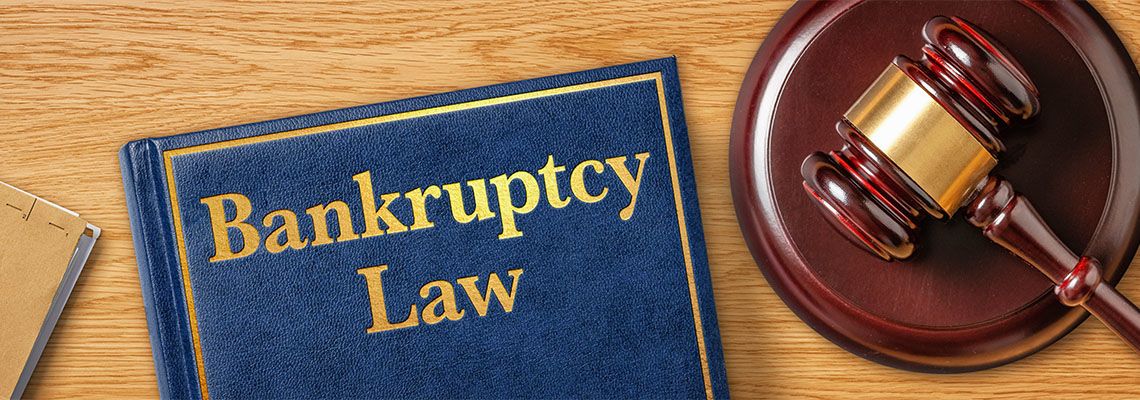
Joint Accounts and Bankruptcy
In 2022, there were 3,495 bankruptcy filings in the Southern District of Georgia alone. If you're considering filing for bankruptcy, it’s crucial to understand how your filing may affect others, especially anyone with whom you hold a joint account or joint property.
Understandably, you’ll want to protect this person from any of the negative consequences of your filing. There are ways to do this, but it will require you to learn about bankruptcy property laws in Georgia and how different filing must be handled. If you’d like to speak with a bankruptcy attorney and are in the Savannah, Georgia, or Hinesville, Georgia area, give me a call at John E. Pytte | Your Georgia Debt Relief Specialist.
Bankruptcy Property Laws in Georgia
Depending on what chapter bankruptcy you file, there are different considerations to take into account about how it will affect your assets and property.
In general, a Chapter 7 filing requires you to liquidate any non-exempt assets to pay off creditors before you receive a discharge. Georgia offers a number of exemptions for property such as $21,500 of equity in real estate and $5,000 in equity in motor vehicles.
If you’re filing for Chapter 13, you can hold on to your assets and property, but you will have to establish a repayment plan for your creditors that lasts for three to five years. The amount you must pay must be at least as much as the total value of your non-exempt assets.
How Joint Accounts Are Affected in Chapter 7
Because Chapter 7 requires you to liquidate non-exempt assets, if you hold any of these assets with another individual, this will need to be addressed to protect their interests. In general, only your share of the assets will be affected by the filing, but you will likely need to prove this to the judge by providing evidence that certain funds belong to each person.
How Joint Accounts Are Affected in Chapter 13
With Chapter 13, your joint accounts won’t be affected as much since you don’t have to liquidate assets, but you still may wish to specify which assets are yours and which belong to the other owner due to the requirements of the repayment plan. For example, if your joining account shows a large dollar amount you’ll be expected to pay at least this amount back to your creditors. However, if you separate the assets within the account, then the value your repayment plan is based on will be reduced.
Deciding on Which Bankruptcy Chapter to Choose
The best way to determine which bankruptcy filing works best for you is to meet with an attorney who can evaluate your specific situation and guide you forward from there. Even if you qualify for Chapter 13, you may find that filing for Chapter 7 would be better for your household.
Additionally, you may discover that filing jointly will actually save you money. Georgia’s homestead bankruptcy exemption allows you to double the amount you can claim in home equity if you both own the property and file a joint bankruptcy case.
Explore Your Options. Seek Financial Freedom.
It’s always in your best interest to work with an attorney during a bankruptcy filing. An experienced lawyer can walk you through the process, help you understand your options so you can make an informed decision, and can often save you money in the long run.
When you work with John E. Pytte | Your Georgia Debt Relief Specialist, you’ll be gaining a trusted partner who will always look out for your best interests and help you regain financial freedom. I serve clients in Hinesville, Georgia; Savannah, Georgia; as well as Chatham County, Liberty County, Bryan County, Effingham County, and Long County. Call me today to explore your options.